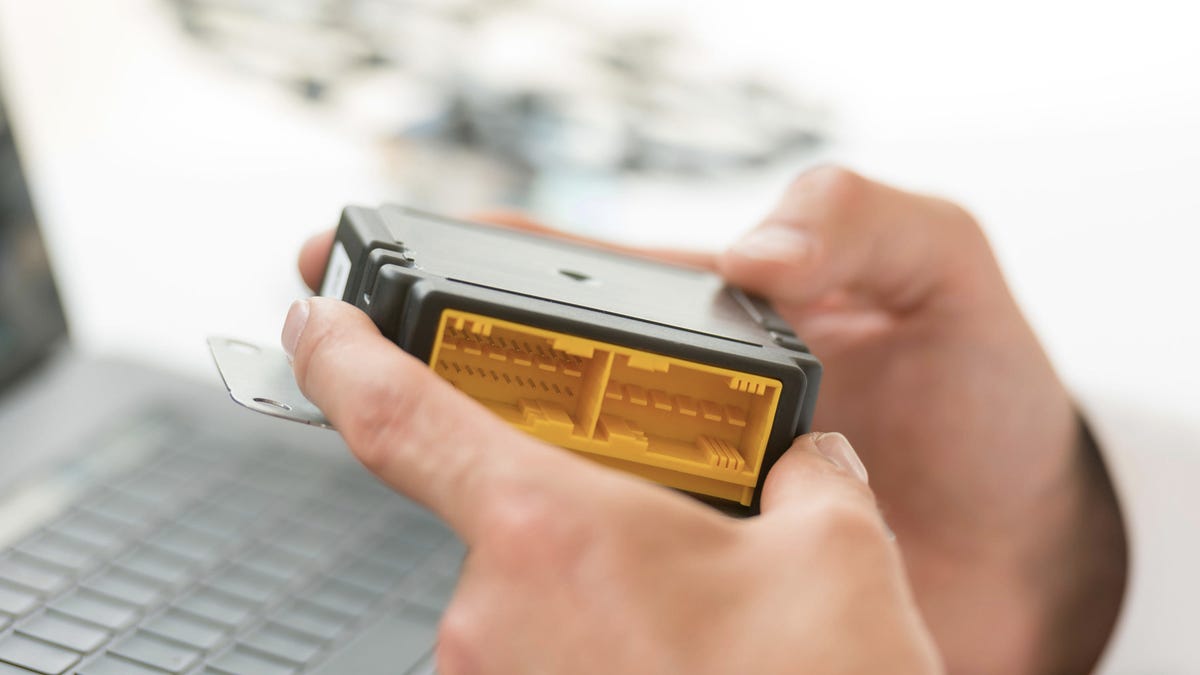Bosch built a sensor platform just for flying taxis
The company is using its knowledge from AV development to enter this new arena.
Flying taxis are a growing area of interest as congestion continues to get worse. Bosch is a supplier with its hands all over the automotive industry, and now, it wants to get into the flying-taxi game by leveraging its current strengths and applying them to a burgeoning field.
Bosch on Tuesday unveiled its new sensor platform, which is aimed specifically at air taxis -- small, short-distance aircraft that will likely operate without human assistance. Using its knowledge from developing sensor platforms for automated development cars, Bosch has combined a batch of sensors on a single platform that the supplier believes will be able to give air-taxi development the parts it needs without the insane cost usually dedicated to aerospace tech.
The supplier says the system is plug-and-play, which means it should be able to integrate into a number of existing flying-taxi systems without too many complications. Bosch didn't give a full listing of every sensor built into the platform, but it did call out a few: Acceleration sensors track movement, yaw-rate sensors determine angle of attack, magnetic field sensors monitor its heading, and pressure sensors measure altitude and airspeed.
"Through our Bosch solution, we aim to make civil aviation with flying taxis affordable for a wide range of providers," said Marcus Parentis, who heads Bosch's team in charge of these control units, in a statement. "We are talking to air taxi manufacturers from the aerospace and automotive industries, as well as with startups that build air vehicles and are looking to provide sharing services."
We still have a way to go before flying taxis even get approval to take off -- the FAA does not mess around, after all -- but Bosch believes they're definitely a part of our future. It pointed to analysis from Morgan Stanley consultants that claims the flying-taxi market could be as high as $1.5 trillion by 2040. Sounds a little lofty, but hey, we may as well aim high.


